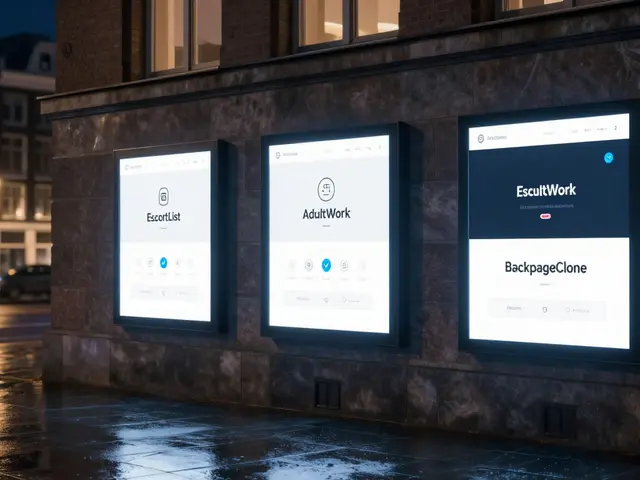Past, Present, and Future of European Escorts – What’s Changing?
If you’ve ever wondered how the escort world in Europe got here, you’re in the right place. We’ll walk through the old days, the scene today, and where it might go next. No jargon, just plain talk and useful tips.
From History to Modern Day
Back in the 1800s, escorts were mostly tied to brothels or private clubs. Women offered companionship to travelers, diplomats, and wealthy men who needed a social partner. The work was hidden, and most cities had strict rules to keep it quiet.
After World War II, tourism exploded. Places like Paris, Barcelona, and Berlin saw a surge of visitors, and the demand for escorts grew. Independent escorts started advertising in magazines and later on phone cards. This gave them more control over rates and schedules.
The internet changed everything in the early 2000s. Websites and directories let clients browse profiles, see photos, and read reviews. Suddenly, a traveler could find a local companion before landing in a new city. This shift also pushed agencies to become more professional, with contracts, background checks, and clearer pricing.
Today, the industry blends online and offline. Apps let you book a meeting in minutes, while high‑end agencies still offer a personal touch. Escorts now often speak several languages, know local customs, and can handle business dinners as well as nightlife. Safety tools, like verified IDs and discreet payment methods, are becoming the norm.
What the Future Holds
Looking ahead, technology will keep shaping the scene. Expect more AI‑driven matchmaking that suggests companions based on interests, not just looks. Virtual reality could let clients experience a “date” before meeting in person, helping both sides feel comfortable.
Regulation is another big factor. Several European countries are discussing legal frameworks that protect escorts while ensuring client safety. Clear rules could mean better health checks, tax benefits, and less stigma.
Another trend is the rise of niche services. Clients are looking for specific experiences – from fetish play to wellness companionship. Agencies that specialize in these niches are already gaining loyal followings.
Finally, sustainability will matter. Some escorts are partnering with eco‑friendly hotels and travel services, appealing to clients who care about the environment.
So, whether you’re a traveler planning a trip, a professional seeking a companion for a business event, or just curious about the industry, understanding its past, present, and future can help you make smarter choices. Keep an eye on tech, watch for new regulations, and don’t forget that respect and clear communication are still the foundation of a good experience.
The evolution of the escort industry in Europe: Past, present, and future
The escort industry in Europe has experienced significant changes throughout history. In the past, it was primarily underground and associated with crime, but it has evolved and become more accepted in modern society. Now, it's regulated and operates within legal frameworks in many European countries, ensuring safety for all involved. Looking forward, we can expect further advancements, possibly even incorporating technology and digital platforms for better service provision. It's fascinating to see how societal changes and regulations have shaped this industry's evolution and will continue to do so in the future.
About
Adult Entertainment Industry
Latest Posts


A Look into the Lives of Independent Call Girls in Europe
By Sebastian LaCroix Nov 8, 2025

Top European Cities for Escort‑Friendly Vacations
By Sebastian LaCroix Oct 18, 2025

A Guide to Safe and Responsible Escort Experiences in Europe
By Sebastian LaCroix Nov 14, 2025

